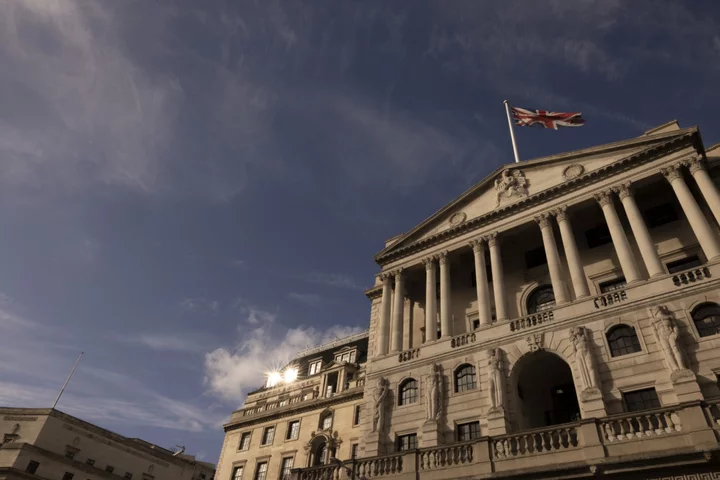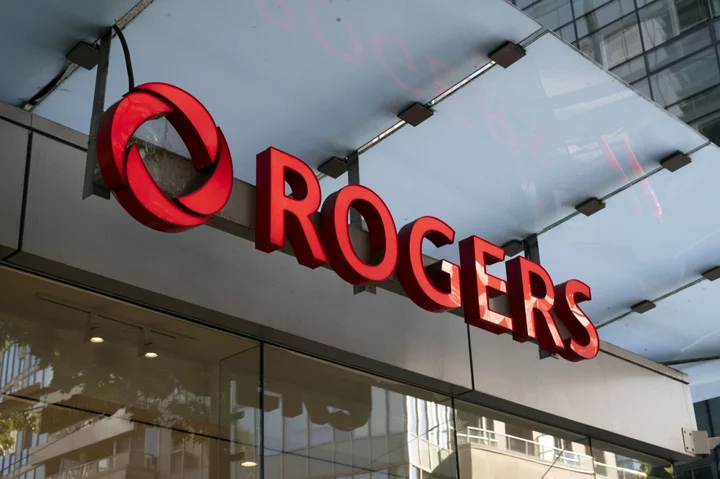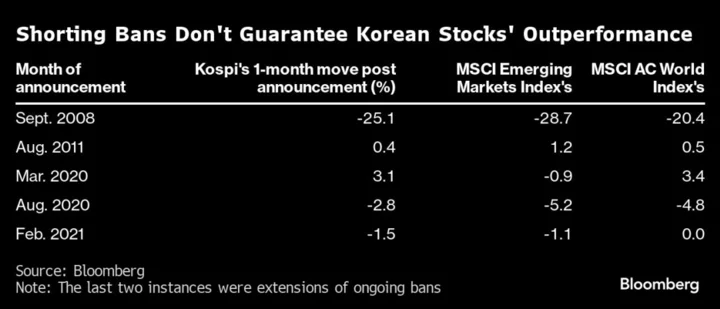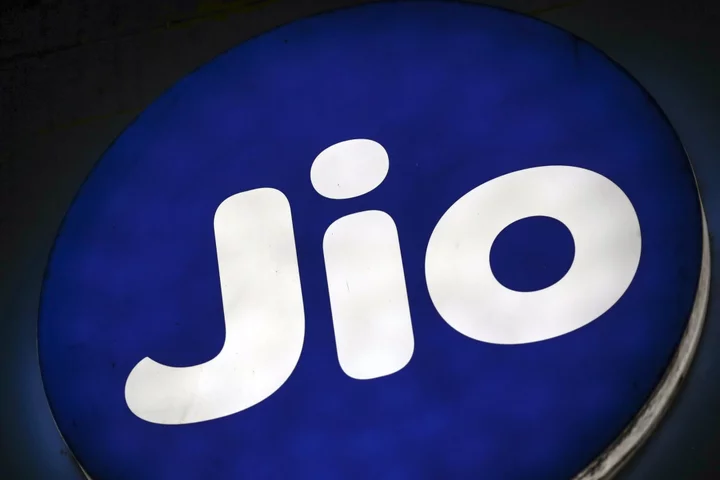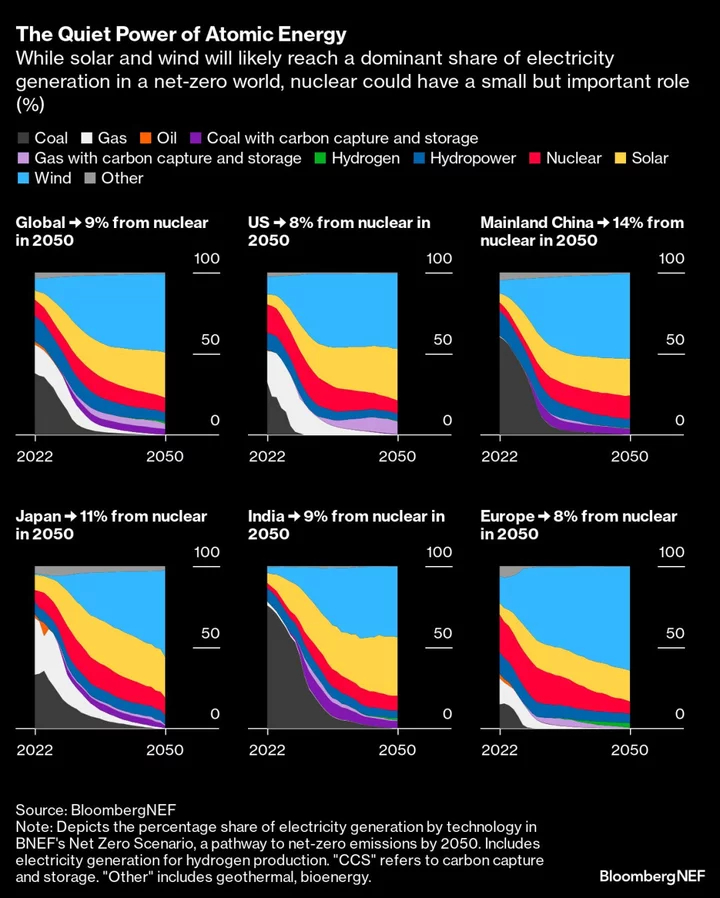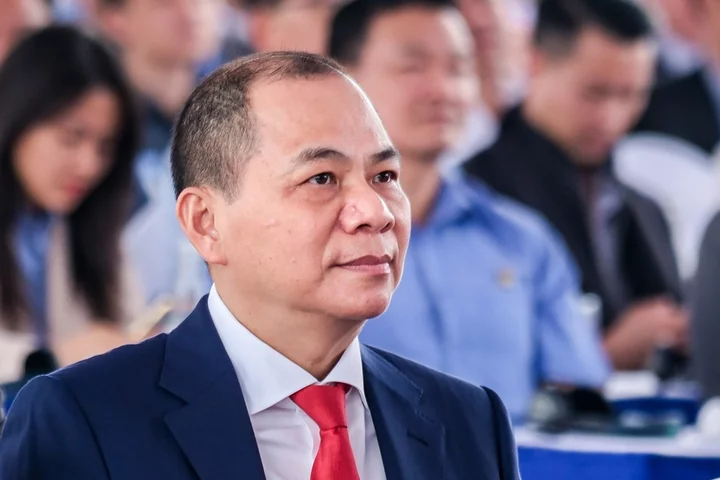The Bank of England has agreed to an external review of its forecasting process after failing to anticipate the scale of the current inflation shock.
David Roberts, chair of the central bank’s court of directors, said in an exchange of letters with lawmakers in Parliament that officials have decided “to commission a broad review into the bank’s forecasting and related processes during times of significant uncertainty.”
The BOE has accepted the review should be led by people from outside the bank and supported by its own Independent Evaluation Office. The letter was a response to questions from Harriett Baldwin, a member of Parliament who leads the Treasury Committee of lawmakers and who raised “concerns around the ability of the bank to forecast inflation.”
MPs want the review to draw lessons from recent experience on how the forecasting process works and the role of the forecasts in policymaking. BOE officials have said publicly that they’re using their own judgment because the models they have are backward looking and malfunction when conditions are particularly unusual.
Huw Pill, the BOE chief economist, has said: “We recognise that our forecasts of inflation have been too low. Models are essentially taking averages of behavior in the past.”
Roberts revealed in his letter that the Court had decided to commission a review at its May meeting, minutes of which have yet to be published. The directors decided to commission an external to lead the process.
Roberts said he and Governor Andrew Bailey “are currently working through how best to commission the review, including in due course the terms of reference and associated resourcing.”
Baldwin said the review should assess whether the BOE forecasting model works, whether the forecasting process is transparent enough and whether policymakers feel “sufficiently enabled” to challenge the majority opinion.
She wrote to the BOE with the request on Tuesday. Bailey appeared later that day before the House of Lords Economic Affairs Committee, where he was asked why the BOE had failed to anticipate the problems in the labor market and the spike in inflation.
He said blamed unexpectedly high inflation on supply chain snarl-ups, energy price rises following the invasion of Ukraine and now persistently high food prices. However, he admitted the BOE – like many forecasters – had been wrong on unemployment, which the bank expected would rise after the furlough job support scheme ended in September 2021.
He has acknoledged that officials have lessons to learn about how to deal with shocks like the ones that have hit the UK economy in the past few years — the war in Ukraine, the surge in energy prices, Britain’s exit from the European Union, coronavirus lockdowns and the widespread supply chain issues that emerged since then.

